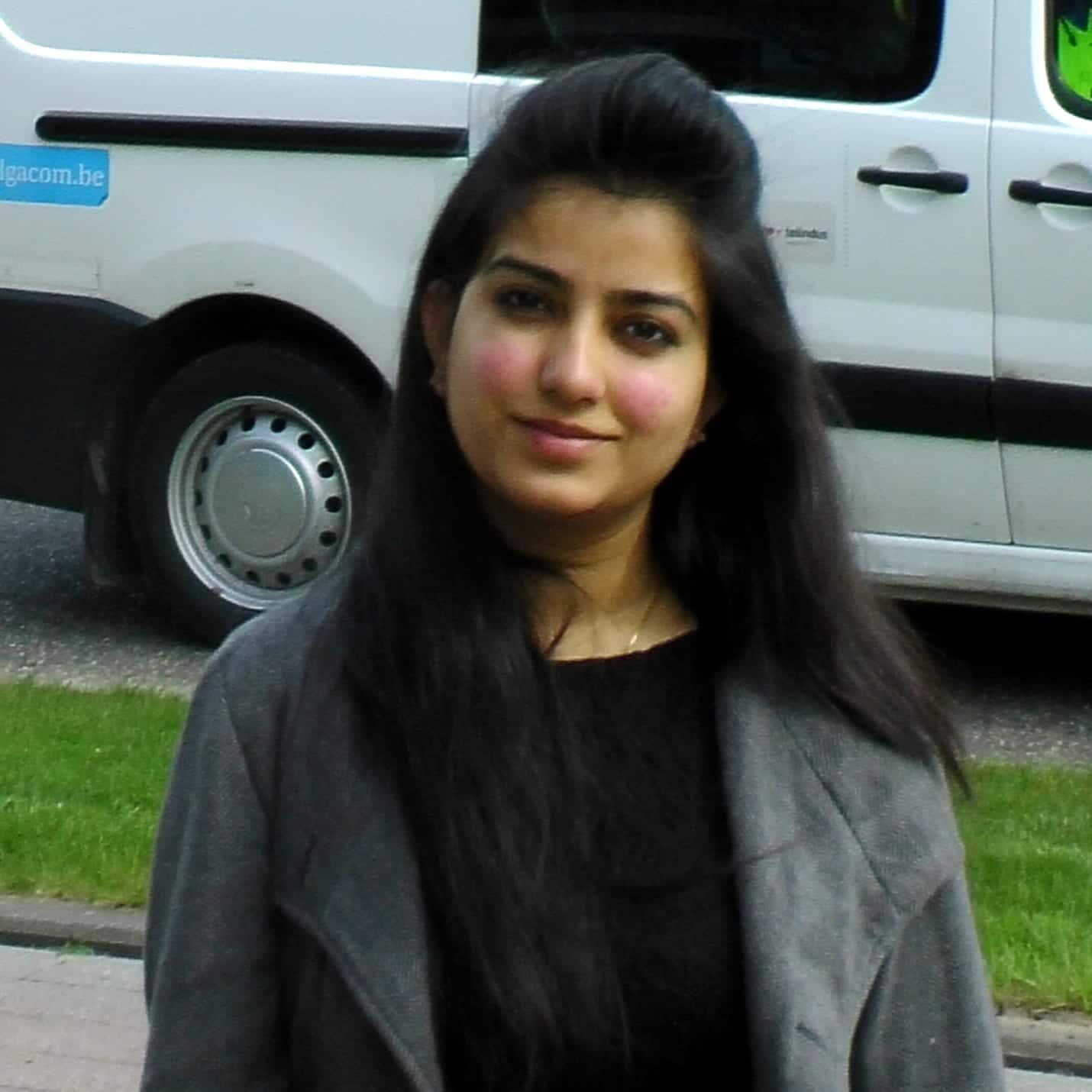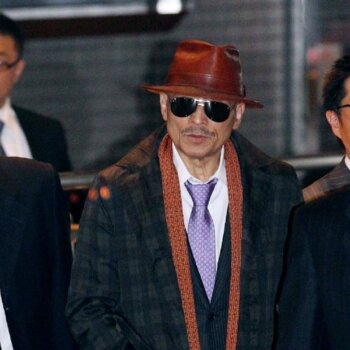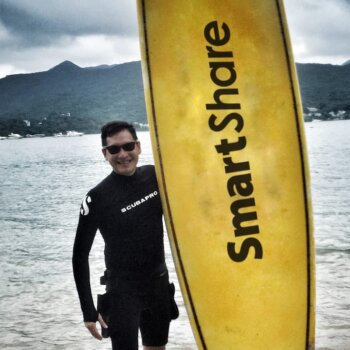Women on Top in Tech is a series of Women Founders, CEOs & Leaders in Tech. It aims to amplify and bring to the fore diversity in leadership in technology.
Damini is the CEO and co-founder of We Make Scholars (http://www.wemakescholars.com), a “Not-just-for-profit” organisation addressing a major social issue: “Lack of reliable and transparent information” in the higher education sector. Their mission, in their own words, is “to be the earth’s best platform for aspiring scholars.”
Here are excerpts from my conversation with Damini.
What makes you do what you do?
The main motivation is my mission to provide quality and affordable education to everyone in this world. And as you know, the developing, the developed countries, if you talk about America, they have a lot of opportunities but if we talk about third world countries, India or Vietnam, Malaysia and Africa, Europe, there are a lot section of the society which is under served.
The affordable education is not available. In India, if you talk about the education, is not about the quality, it’s about degrees and certifications. My motivation is to provide quality education so that people, not just become educated, they become literate. They know how the world works, how to win or wait. So I think the reason why third world countries are poor in Science and Technology is because education is there but the innovation and literacy, people and residents, STEM, Science and Technology is less. The innovation is not there. So, that’s why all the innovation comes from America. My motivation is to provide quality education so that people can innovate even in our countries where resources are there but people are not doing that. At ‘We Make Scholars’ where we started helping students with the global scholarships so that they can pursue their education at top universities around the world. (see http://www.wemakescholars.com/)
When you have a mission, you have target and you know what you want to achieve and you know what you want to serve to the society, it always gives you internal inspiration and it makes you go ahead on your mission.
And your second startup is a nutritional beverage, how did that arise?
A lot of infants and mother they die after the delivery. This nutritional drink, reduces the mortality rate in infants. So it has that vitamins required for a postnatal carriage.
How do you manage to do two things at the same time? Or is it because we multitask as women or you have two lives?
(laughs) Yeah. I mean it’s always a challenge because both the startups are on the rise. And there’s always a lot of work to do. It’s a lot of work. But I think it’s the, again, the motivation which makes you divide time and prioritize things so you are take time from your personal time, let’s say, sleep or personal work. So that you can now dedicate equal time to both of these and so that they both can run properly and in a good way.
Many women, especially in Asia, give a lot give priority to family and sometimes don’t take leadership positions.
I agree with that. But I think now it’s changing. Personally, I had these issues because I belong to a very small place in India. It’s India, probably metro cities, people are not like that, but I belong to a small town. There are people who have these issues and leadership roles they don’t take. They want to take very light jobs where it’s flexible so they can give time to family but for me, I would say from childhood, I always had this thing that I wanted to give back to the society. I didn’t want to just study and not use my knowledge, not use my skills. I always wanted to — I would say even when I was little, High School, I used to teach primary kids from the labor class or the working class who didn’t get a chance to attend school. I used to do that. So, teaching was always my interest.
I’m hearing you say that despite the challenges that come from a social norming of a small city, the fact that you’re slightly supposed to be young person and inexperienced (an under-represented as woman in technology) you still kept going because of the mission. That’s what you’re saying?
Yeah. And I think you need support from people who are very close to you even though the societal norms doesn’t tell you you’re doing wrong or you’re going against the norms, you need a few people. Keep people who are near you. Your family, your friends. If they are okay with that and if they support you and you have the internal motivation, you can go ahead.
Do you have a mentor that you look up to in your industries or did you look for one or how did that work?
So I would say industrial, the mentors in the industry are there who give us inspiration. But my internal inspiration is my mother. Because she also grew from a society where women are not educated because it’s a small town as I mentioned. They don’t take college degree. So she took up the challenges and she always taught me that thing that you have to take the next step. People will stop you, society will stop you but if you want to do that, you can do it.
For my industry mentor, I was fortunate to have Mr. Raju Reddy who established a very big company in the US, Sierra Atlantic. At its peak, it was one of the top companies in China. So, he’s an inspiration and like me, he belongs to a really small town in India. He’s now one of the biggest investor in Silicon Valley. My other key mentors include Prof Sunil Handa and Mr Sanjay Jesrani. So when you look at these people and they tell you it’s not about where you belong to or come from, we all can be reach our goals and be make an impact.
How did you make a match if you and how did you end up being mentored by him?
Okay. So I met him in a town in India where he is serving back to the society. So he’s helping social entrepreneurs. So when I was there and I was starting something in the space and I wanted to/a help, so I met him and he was very excited about it. And he could see that at a young age, I was 23 when I was working in this idea, and he was very happy about it and he wanted to mentor us and give me the way, the part. He always supports me so the part, he never tell me this is what you should do. He always say, “You tell me what you wanna do. I’ll tell you if there are some challenges or anything so that you can be alert.”
I am a huge fan and cheerleader of this Young Powerhouse Damini – If you know of a AMAZING Woman Founder, CEO, Leader in Tech or you are one yourself – Write me.
AMPLIFY Conscious Business Leadership with me
For more information about We Make Scholars, please see http://www.wemakescholars.com.
For information about Turning Gen Y On, my recently-published book to help leaders overcome workplace challenges with their Gen Y staff, please see http://tgyo.asia/.






























